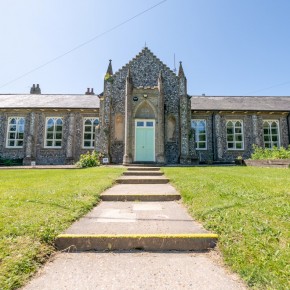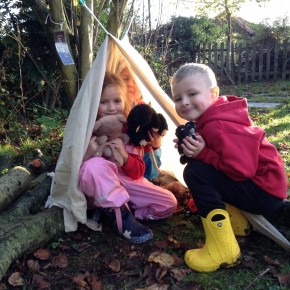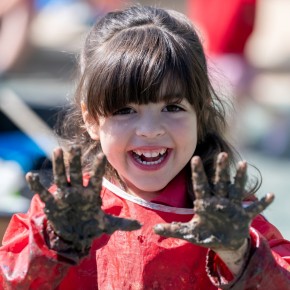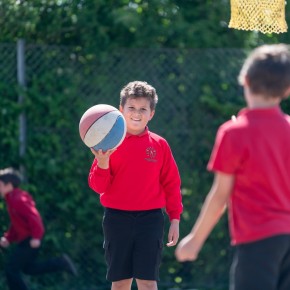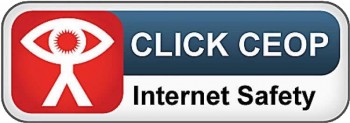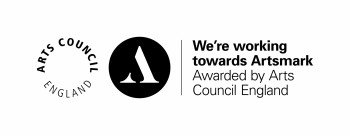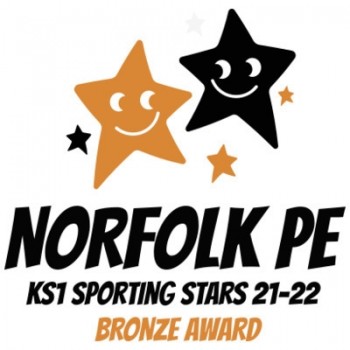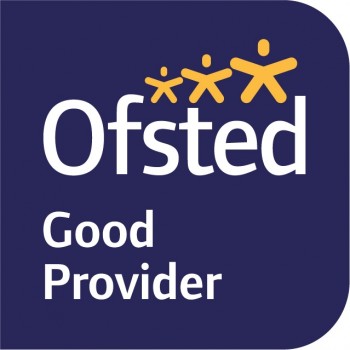Our School Dogs
All About Our School Dogs
Rallo is our lovely therapy dog and Psalm is our reading dog. They both work at Antingham & Southrepps Primary School and Nursery as part of an on-going provision for emotional wellbeing, mental health and reading.
Rallo started school with the approval of school governors in July 2022 and Psalm started November 2022. They are both key member of staff.
Rallo and Psalm are cockapoos. They live with our Headteacher, Mr Elcock, and comes into school everyday to be alongside the children. The dogs were chosen as cockapoos are known for their friendly temperament and low allergy coat. Both dogs are registered with a vet and are up to date with his vaccinations and worm and flea treatments.
At Antingham & Southrepps, we are always looking for innovative ways to improve our school, and after a lot of research into school dogs and speaking to other Headteachers, we are delighted to have both dogs in our school for the benefit and well-being of children and staff. Their welfare is paramount. They have lots of breaks and a quiet place to sleep and rest in Mr Elcock’s office.
Both dogs will toilet away from children and will be introduced to the school environment and the children gradually.
Rallo will be trained to be a therapy dog and in time will work with children from across the school if they wish to. He will undergo thorough and rigorous training, beginning with puppy classes in September. Rallo will be assessed by a Pets as Therapy Assessor in the coming months and gain accreditation as a Pets As Therapy (PAT) dog.
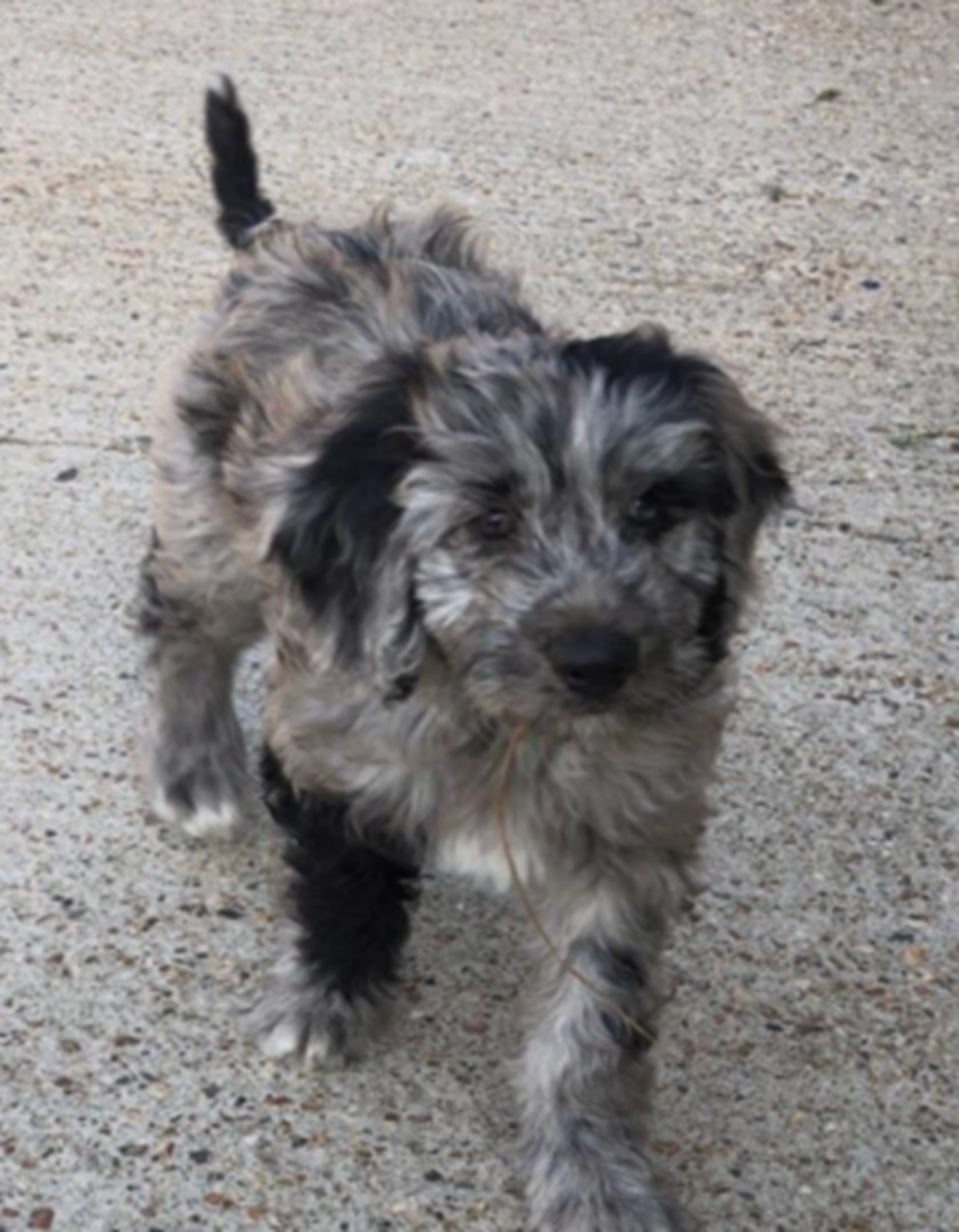
What are the benefits of a school dog?
Numerous research studies have shown the benefits of therapy dogs in schools, which include:
- Cognitive development – companionship with a dog stimulates memory, problem-solving and game-playing
- Social development– a dog provides a positive mutual topic for discussion, encourages responsibility, wellbeing and focused interaction with others
- Emotional development – a school dog improves self-esteem, acceptance from others and lifts mood, often provoking laughter and fun. Dogs can also teach compassion and respect for other living things as well as relieving anxiety.
- Physical development– interaction with a furry friend reduces blood pressure, provides tactile stimulation, assists with pain management, gives motivation to move, walk and stimulates the senses
- Environmental development – a dog in a school increases the sense of a family environment, with all of the above benefits continuing long after the school day is over.
Empirical evidence shows that Educational Assistance dogs can enhance children’s psychological development, improve social skills, and increase self-esteem. Dogs in the classroom can be used to calm fears, relieve anxiety, and teach skills. In particular School dogs are used to listen to children read. Reading to dogs has been proven to help children develop literacy skills and build confidence, through both the calming effect the dog’s presence has on children as well as the fact that a dog will listen to children read without being judgemental or critical. This comforting environment helps to nurture children’s enthusiasm for reading and provides them with the confidence to read aloud.
- Improved pupil behaviour and concentration,
- Reduces stress and improved self-esteem,
- A calming effect on pupils,
- Encourages expression, participation and confidence in all children,
- Fostering a sense of responsibility,
- Motivating pupils to think and to learn,
- Encouraging respect and thereby improving pupils' relationships with each other, parents and teachers,
- Teaching children to nurture and respect life,
- Helping work undertaken with the most vulnerable children,
- Helping overcome a fear of dogs,
- Increasing staff morale and wellbeing,
- Developing the understanding of unconditional love,
- Supporting with the development of cooperative play,
- Supporting children to develop empathy,
- Further promote our wellbeing agenda for pupils,
- Enthusiasm for and enjoyment of animals,
- Helping children build confidence in reading,
- Improving attendance.
How has the school planned for this?
Rigorous research has been carried out to ensure that we have selected the most suitable breed of dog for our school, pupils and staff.
Prior to purchasing Rallo, the Headteacher have visited the home of the breeder to ensure that the puppy's temperament, and that of its parents, is suitable for interaction with children.
A full risk assessment and policy has been written and is available below.
When Rallo begins working with the children, consent will be sought for each child to have contact.
All contact will be carefully planned and children will not be left unsupervised with Rallo.
When not working, the dog is based in the School Office or the Headteacher’s Office.
What will Rallo the school dog do on a day-to-day basis?
Initially, Rallo will have minimal contact with the children and staff, until he becomes familiar with the school. All children will have the opportunity over time to have quality time with the dog and learn how to care for him. He will also be available to calm unsettled children, meet and greet in the mornings and walk around the school on a lead with the Headteacher or a member of staff at appropriate times of the day so that he is not a distraction to children’s learning. He will attend classes to support their learning where appropriate and in the future will be trained to sit and listen to children read.
Safety around the dog
A detailed risk assessment is in place. Insurance will cover having a dog on site.
If the Headteacher is at a meeting, there will be a number of designated staff who have agreed to have responsibility to support the dog in his absence or he will not attend school during that time.
Children will only have contact with the dog with a supervised adult and if they wish to. When moving around the school, the dog will always be on a lead.
Children will receive training to teach them how to behave safely around a dog. The dog will be based in the Headteacher’s or the main office.
What about the children who have allergies around a dog?
After extensive research, one of the best breeds of dog to combat allergies is a breed which is mixed with a poodle. Rallo is a Cockapoo, a Spaniel and Poodle mix which makes him hypoallergenic. It also makes him very sociable, well-tempered and clever. In this way, we will aim to cater for all children to be able to have contact with the dog. Please let school know if your child is allergic and we will ensure that there is no contact with Rallo.
What about the children/ staff who have a fear for dogs?
One of the aims of introducing a dog into the school is to reduce the number of children who have a fear of dogs by teaching them how to care for and behave safely around them. If a child has a fear of dogs we want to slowly build up their confidence so that they feel safe.
Some children may have had upsetting experiences and may have a fear of dogs (or another animal). Rallo will only be in contact with children who want to work with him or meet him. Rallo’s training will help him to be calm and gentle around children. Experience and research have shown that, with proper guidance and handling, children can learn to overcome their fear of animals and grow in respect and appreciation for them.
Health and well-being of the dog
Rallo will receive all vaccinations, be wormed, groomed and cared for.
The Headteacher (the owner of the dog) will have pet insurance to insure if he is ill the dog will receive immediate medical attention.
Hygiene
There will be a designated area for the dog to toilet which is inaccessible to children. Children will never be involved in toileting the dog.
If children have stroked Rallo they will be taught to wash their hands afterwards.
What happens if the dog is ill?
If Rallo is ill, he will not attend school and will be cared for at home until he is fit to return to school.
Please do not hesitate to contact school if you have any questions that have not been covered here.
